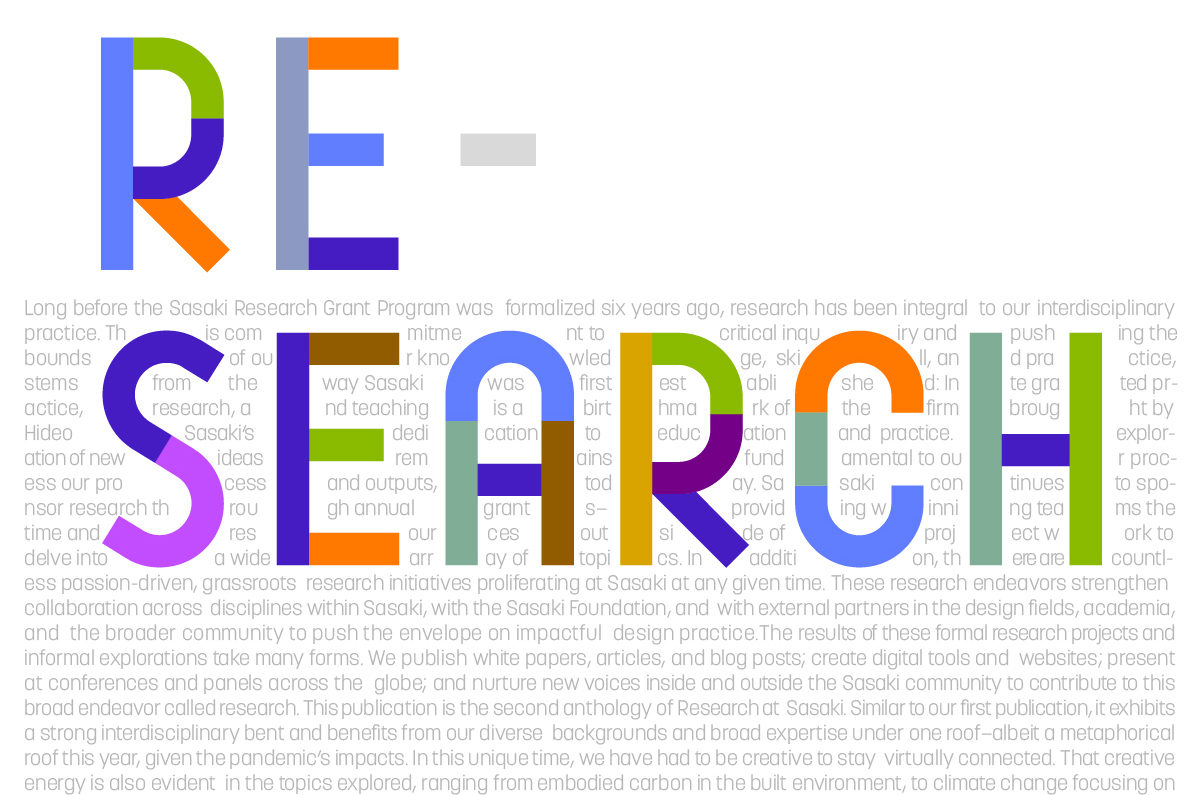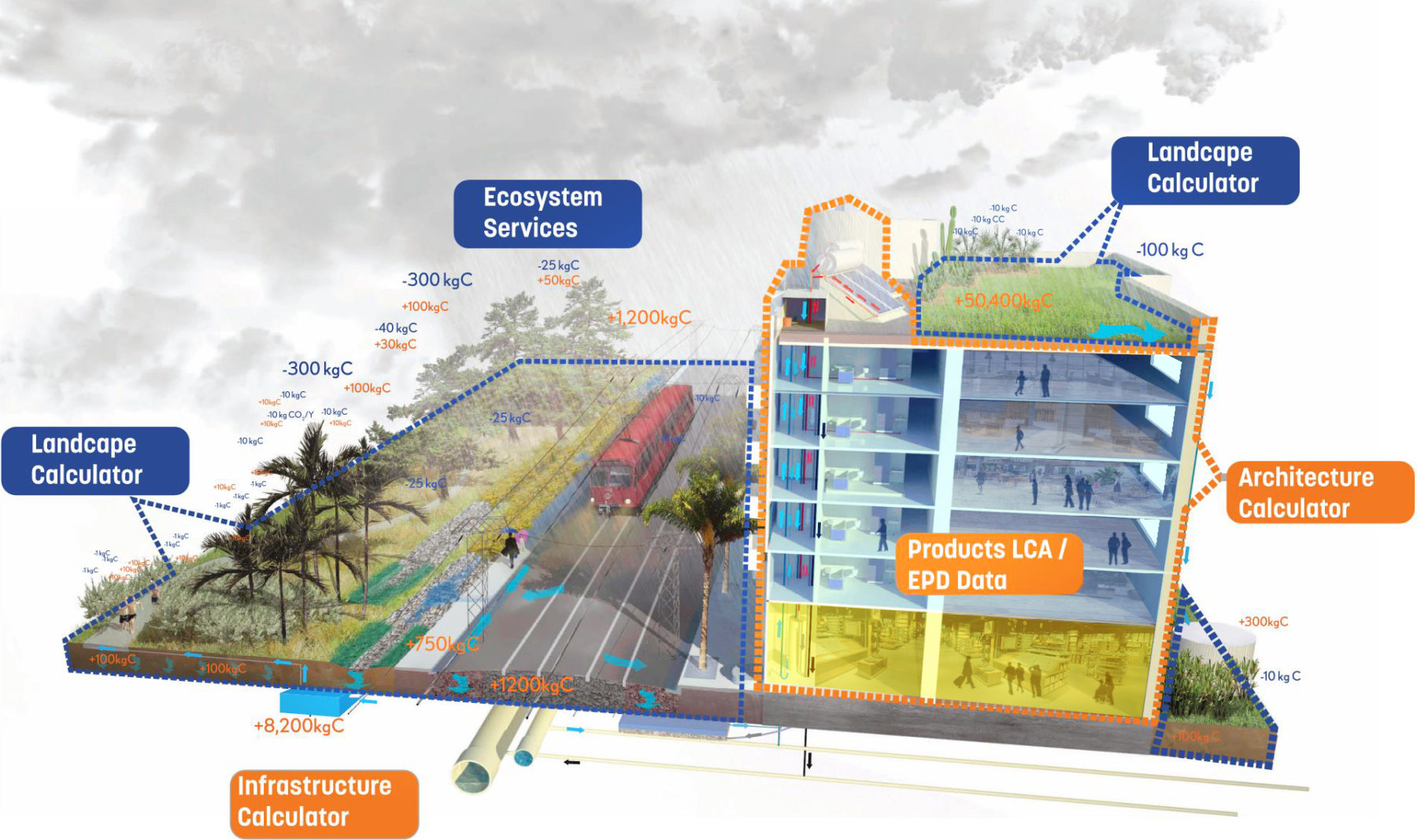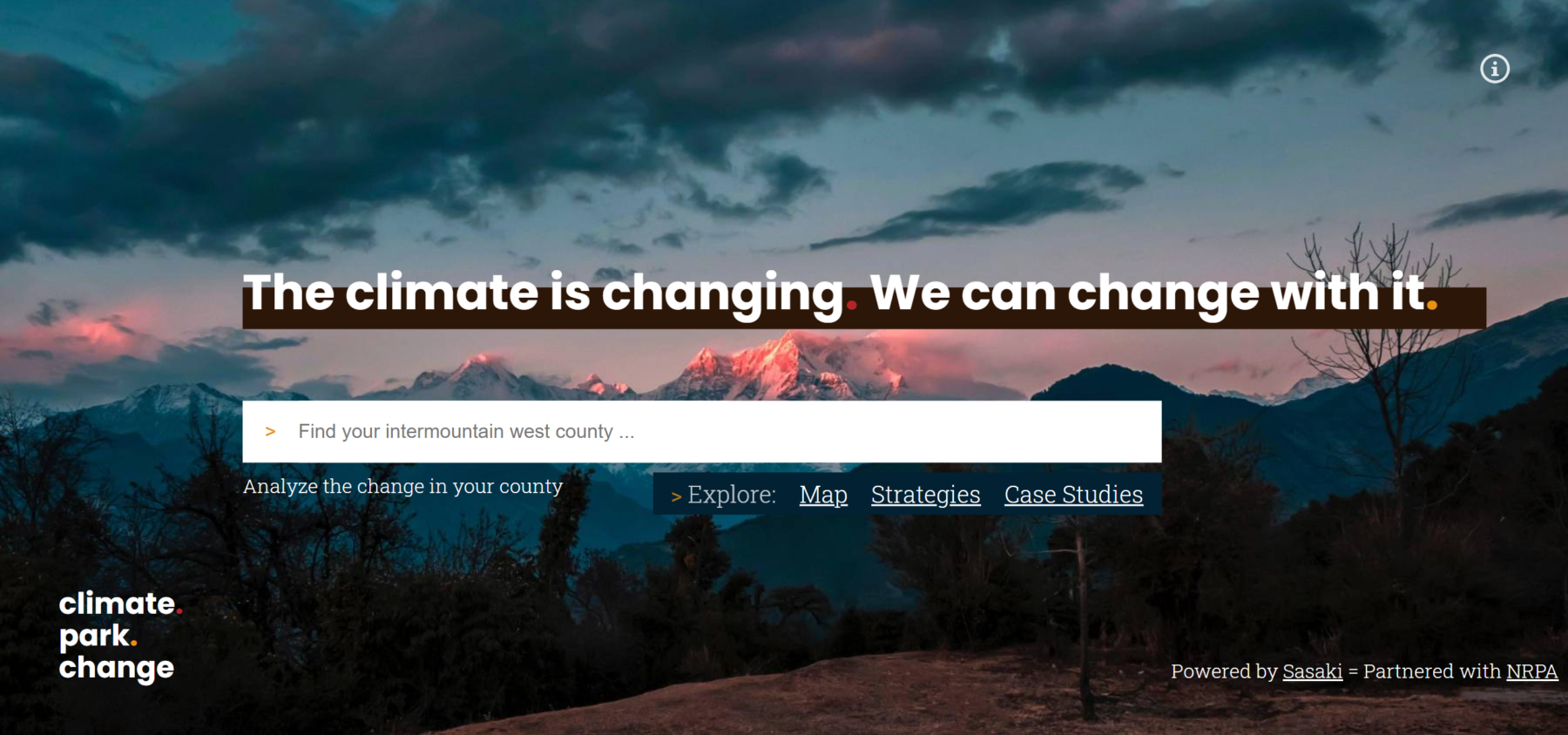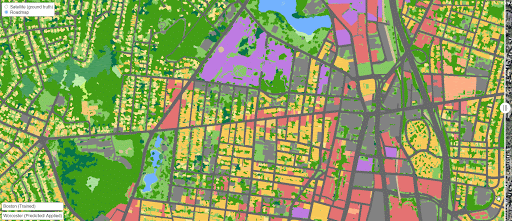Publication Spotlights Sasaki’s Innovative Research Initiatives

 Sasaki
Sasaki

Every year, Sasaki awards three grants to internal teams pursuing research projects. To celebrate these projects and other research initiatives from around the practice, we’ve compiled the second anthology of Research at Sasaki.
In this unique time, we have had to be creative to stay virtually connected. That creative energy is also evident in the topics explored, ranging from embodied carbon in the built environment, to climate change focusing on parks and recreation spaces in understudied inland cities, to artificial intelligence’s potential in remote sensing and design. Complementary to these three research grants are ten research explorations that emerged from projects, academic collaborations, or other sources of inspiration, organized under themes of Sustainability & Ecology, Engagement, and Strategies. Read a brief description of each of the grant-winning projects and check out the full publication below.

In 2018, the construction industry accounted for approximately 38% of global emissions. Carbon Conscience calls for the development of a carbon calculator tool for district planning and design. With this tool, Sasaki can enhance design processes through accounting of carbon budgets and assist clients’ decision-making through quantifiable analysis.

Park and recreation professionals, who serve nearly every community in the United States, are poised to advance climate mitigation and adaptation strategies to build environmental and community resiliency through the power of local parks and recreation. However, few comprehensive resources exist to support park and recreation professionals to understand and develop solutions to climate challenges in their community. As part of Sasaki’s 2020 research grant program, Sasaki, in partnership with the National Recreation and Park Association (NRPA) created a toolkit for resilient parks: Climate.Park.Change.

Can we train machine learning algorithms to identify the types of classifications which we use in planning and design? In this research project, we explore this question, investigating what it means to capture a recognizable urban aesthetic using only a sketch. In addition to training a machine learning model to generate the imagery, we also prototype an interactive sketch tool that can be used during the design process to quickly visualize the results of early, exploratory design, in the form of easily-recognizable aerial imagery.